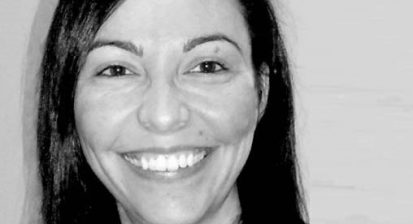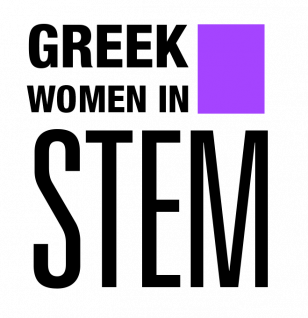AUTHOR’S CORNER
Finding the words to ask for help
SHARE
In times of uncertainty and stress, knowing what to ask may be harder than knowing who to ask. Journaling prompts can help to start untangling the knot.
I hope that, after a full special mentoring month in Greek Women in STEM, everyone will be convinced about the usefulness and merits of mentoring. And everyone will recognise mentors as the wonderful creatures they are, ready to support, inspire, answer questions. All you have to do is to provide them with these questions! Concrete and specific, preferably, questions that will help the mentors help you navigate your path towards the answers. Yet, at times of uncertainty and turmoil, when we most need help, questions insist on being chaotic, elusive, only half-formed in our heads.
Lately I’ve been having many such questions myself. Am I on the right path? What should I do next? Am I a good researcher? Am I happy with my work? Can I be happier? Am I a complete failure? Will I become the only researcher in my entourage that hasn’t published in a Nature* journal?
But these are not good questions for a mentor. I can’t possibly ask them to sooth my existential angst. Some pre-work is needed to break down these monsters into manageable chunks before trying to address them with a mentor, or even alone. One of the things I’ve found helpful is journaling, aka re-learning to have open, honest conversations with myself.
I resisted journaling for a long time. It seemed like such a counterproductive way to spend big chunks of time: getting my own thoughts out of my head through my fingers and back inside through my eyes, while I can always access them already directly in my head. Who has the time to do this while doing experiments and writing papers and running out of funding? Well, there are good reasons, I have realized. First of all, the inside of my head is usually a big hot mess: a hodgepodge of thoughts and impressions, plans for what to have for dinner and ideas for world-changing research, mental lists of books to order and hair products to try, imagined arguments with journal reviewers and internet trolls, and guilt for not calling my parents more often. Hardly the fertile ground for clarity and perspective.
Writing in a journal, though, forces me to concentrate and clarify. Like when you describe your horrible day at work to a friend, and when you get to tell the story, you realize that it may not have been an unprecedented tragedy after all. Journaling is like talking to this friend, helping to put things into perspective, to locate the right thread in the hot sticky mess, and to start untangling it from there.
For finding work-related threads through journaling, I’ve been often relying on prompts. These can be a question, a sentence or even a word I use as the starting point to get me going. Here’s a list of prompts I’ve borrowed from professionals and other wise people, as well as some resources I’ve found useful or insightful. When using these prompts, I usually free-write, but writing something structured (a poem anyone?) or even drawing and sketching is of course an option!
I hope they will help you put some order in the hodgepodge inside your own head.
Prompts and resources:
- What do you want to be true in a year from now that is not true today? (source: amazing if)
- What would you do with your time if money was not an issue? (amazing if)
- What kind of help would you ask from whom if shyness was not an issue? (amazing if)
- What does ease mean to you? (source/inspiration: Holly Stoppit)
- What are your financial needs (the minimum to live well, as you define it) and what are your financial goals? (inspiration: How to Be Everything)
- What are the things you don’t want to do but feel obliged to, and the things you want to do but are scared of failing? (source/ inspiration: The How)
- What are three moments/ circumstances/ tasks when I’m in the “flow” (losing myself into the task and losing track of time)?
*Nature, and its daughter publications (Nature Sustainability, Nature Climate Change, Nature Food etc.), are some of the most prestigious scientific journals in the universe. Publishing in one of them is like getting your name on a star in the walk of fame in Hollywood.
RELATED ARTICLES

Snail as a valuable biomarker
Dr. Martha Kalogianni and her group have recently published how the common snail can be used to report CuO and ZnO levels in our environment.

Dr. Magda Spella
Dr. Magda Spella in paving the way for lung cancer research.

Archive
Find all our past articles chronologically organized in our archive.
CONTACT US
____________
greekwomeninstem@gmail.com
Do you have ideas, questions, comments or special requests?
Would you like to highlight your research project or nominate a researcher that you would like to learn more about?
Please write to our email or fill out the form and hit “send”. We will be happy to talk with you!
[contact-form-7 id=”44″ title=”Contact form 1″]


